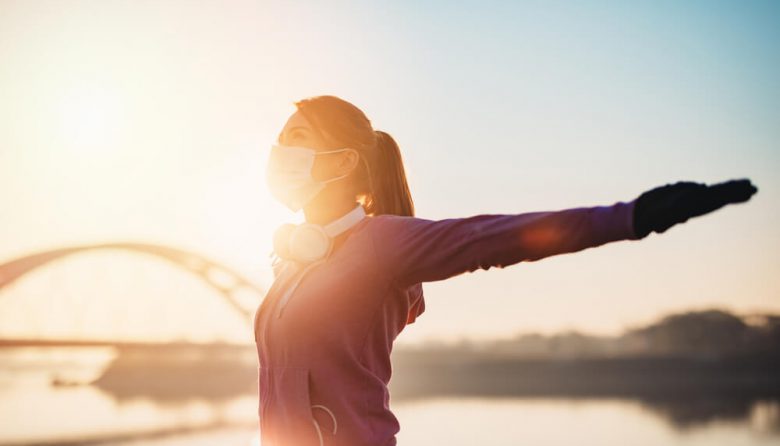Although scientists are still struggling to explain why it occurs, sun allergy is a matter of rising concern. It affects people of all ages and races as they step outside and spend some time in direct sunlight. In these people, sun allergy reactions may range from mild to severe, depending on their sensitivity to ultraviolet radiation and other factors, including the medications they take and skin conditions they may have.
Have you developed sun allergy symptoms like a red rash or bumps in sun-exposed areas on your hunt for vitamin D? Here’s what you can do to calm down your immune system reactions.
Sun allergy protection and prevention tricks
If your skin is abnormally sensitive to UV radiation, the best way to avoid an allergic rash is to stay indoors during the sun’s peak hours. When the rays can’t reach you, they can’t trigger unexplained reactions in your immune system.
But you can’t be cooped up indoors all the time. So when you’re out for a walk, you should make sure your skin is well-protected. That’s when a sun umbrella, sunscreens, and clothing with high UPF ratings can do the trick.
When choosing sunscreens, look for a high SPF. To reduce the likelihood of having an allergy to sun rays, opt for SPF 30 or stronger creams and apply plenty of them before going outdoors. If possible, invest in clothing (sun hats, shirts, swimwear, etc.) made of UPF protection fabrics for a safer time on a sunny day.
You may also need to reconsider taking your medications or switch to alternatives. Some meds, including strong antibiotics and diabetes drugs, have increased photosensitivity among their side effects. It makes you more susceptible to sun allergy, so you should ask whoever has prescribed your medications whether you can stop or change them.
Sun allergy remedies and therapy options
If your skin is rife with bumps and redness on your hands, chest, or legs after being exposed to sunlight, your best weapon may be:
- OTC sun allergy creams
- moisturizing and soothing creams
- prescription corticosteroid drugs
- oral antihistamines
- phototherapy
Phototherapy can be your lifesaver. It’s both a prevention and treatment option and involves the controlled exposure to UV lamp lights in several sessions to make your skin more resistant to sunlight.
Sure, some signs of sun allergy will go away on their own. But the right combination of prevention tricks and treatments can help get rid of them faster and make sure they won’t occur again.

